LAMP stack Monitoring
Atatus actively monitors the LAMP Stack, delivering real-time insights into Linux, Apache, MySQL, and PHP performance. By tracking key metrics across the entire stack, Atatus helps you optimize system performance and quickly identify bottlenecks to ensure your LAMP Stack runs efficiently.
Sign Up for Free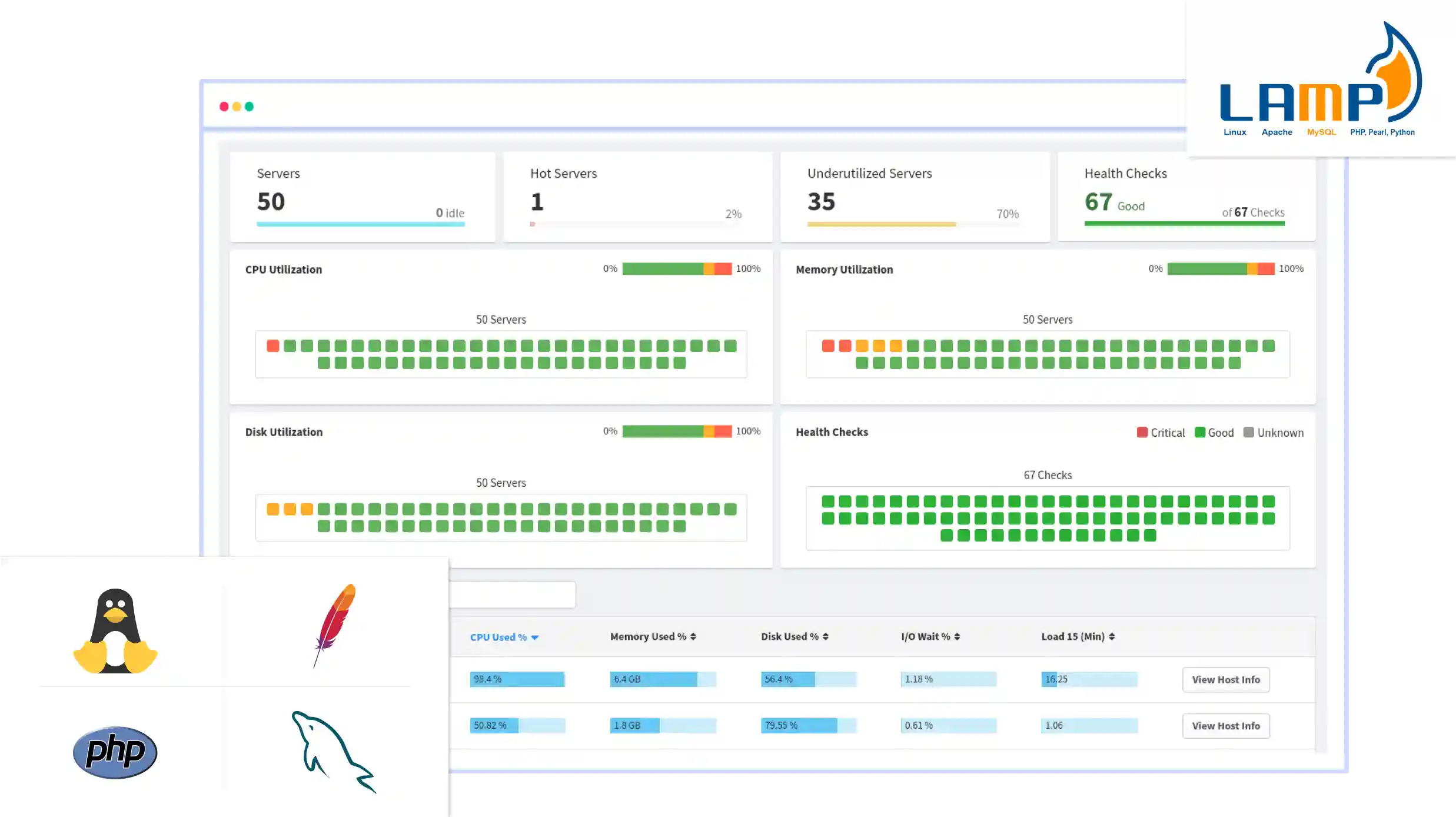
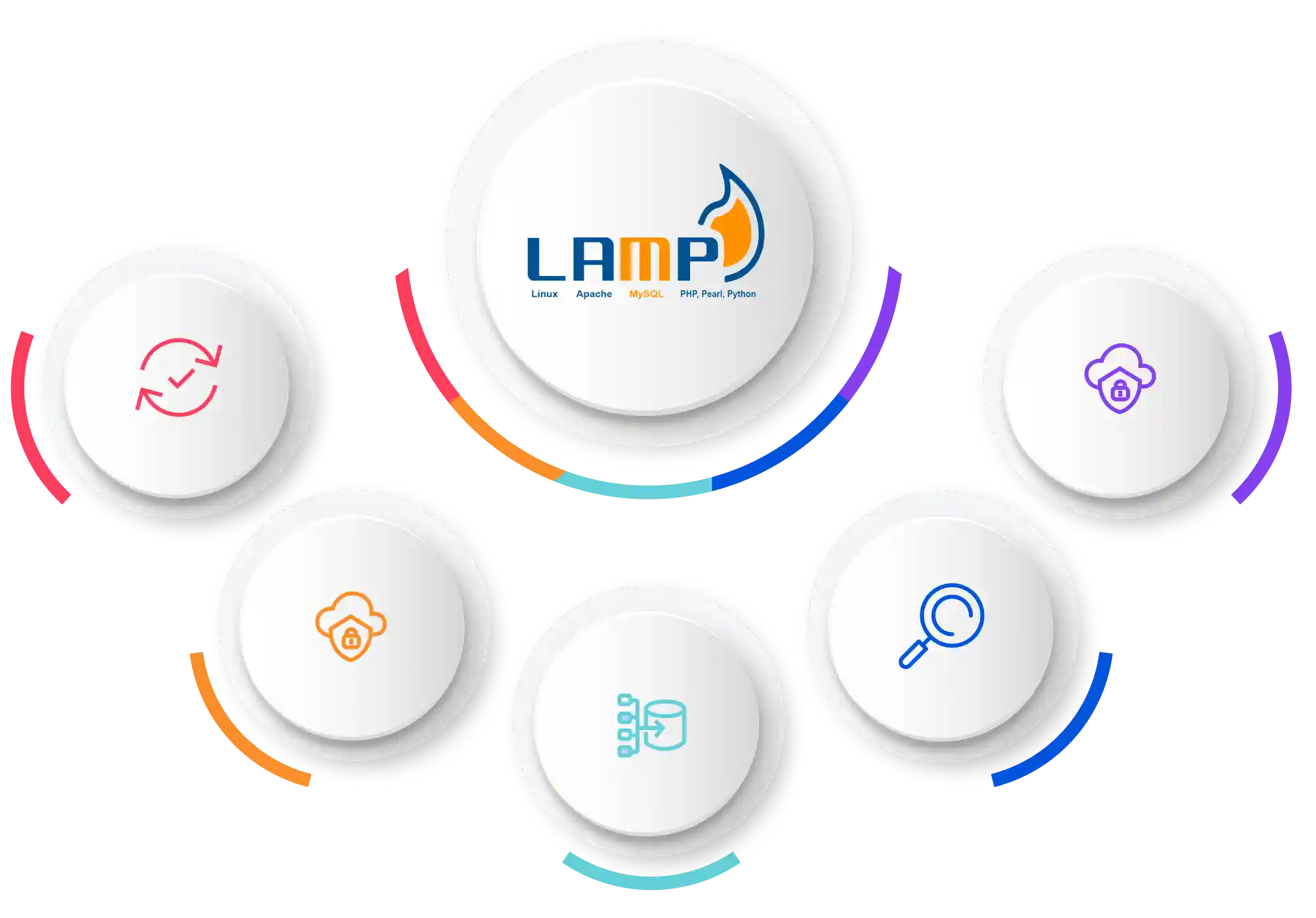
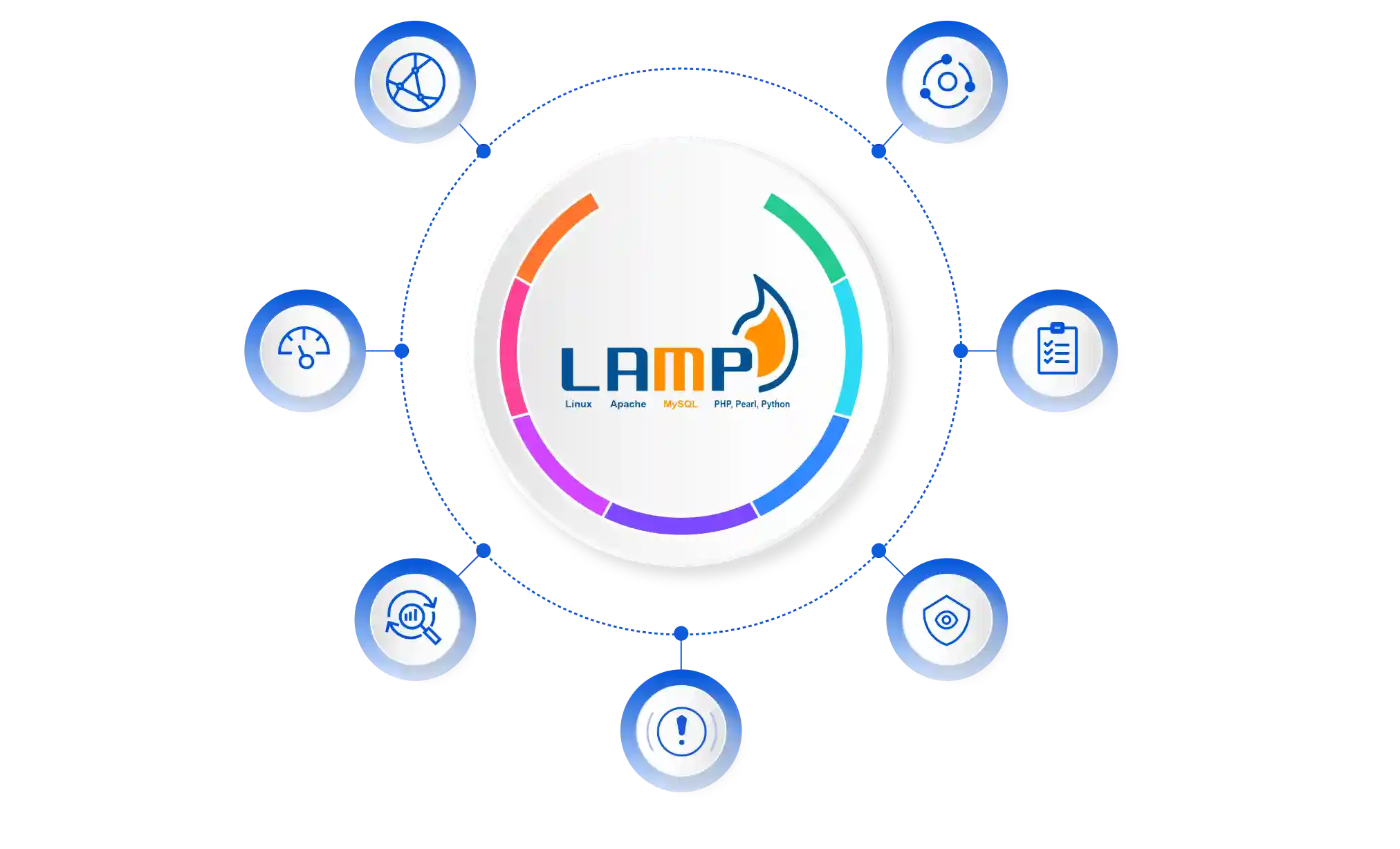
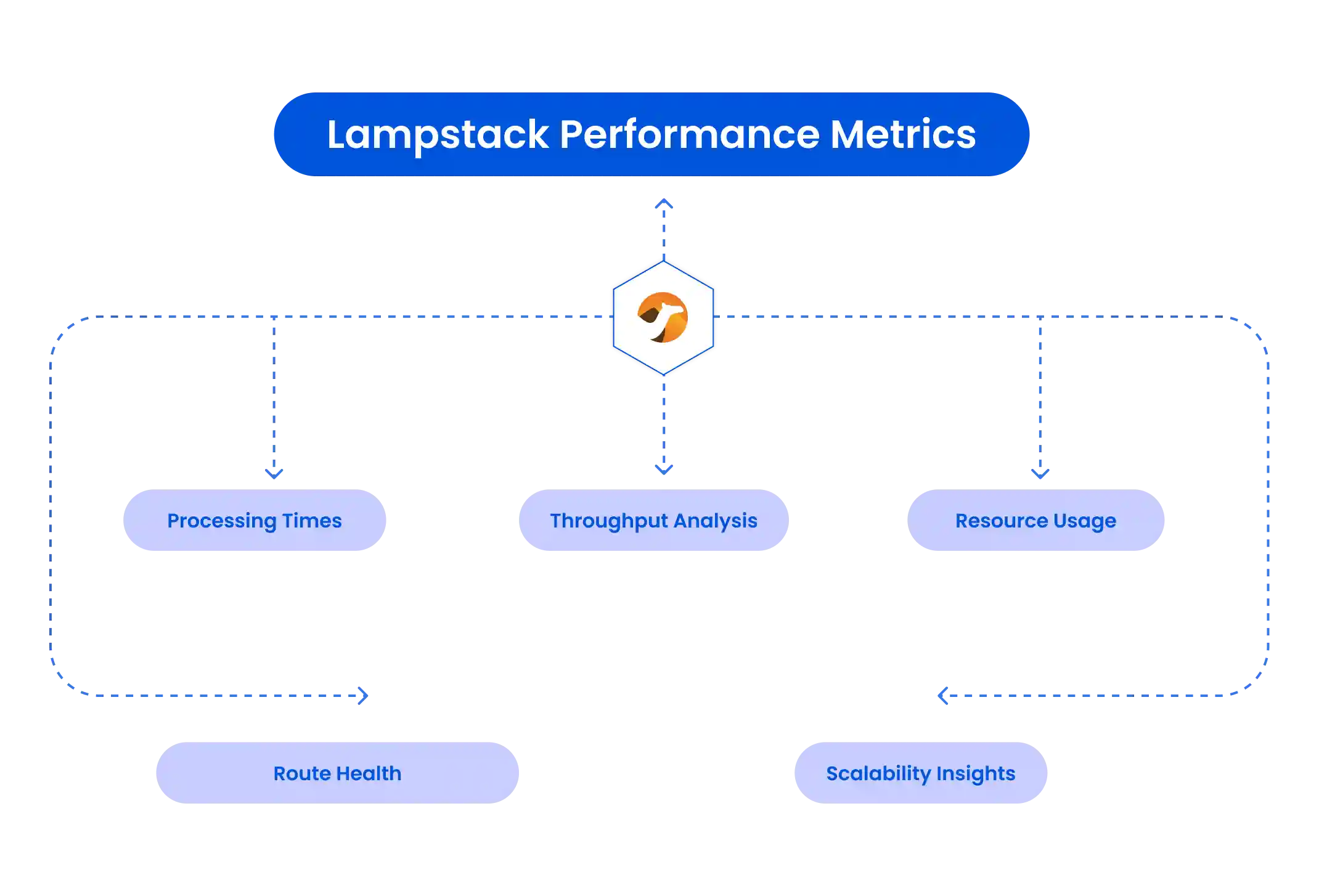
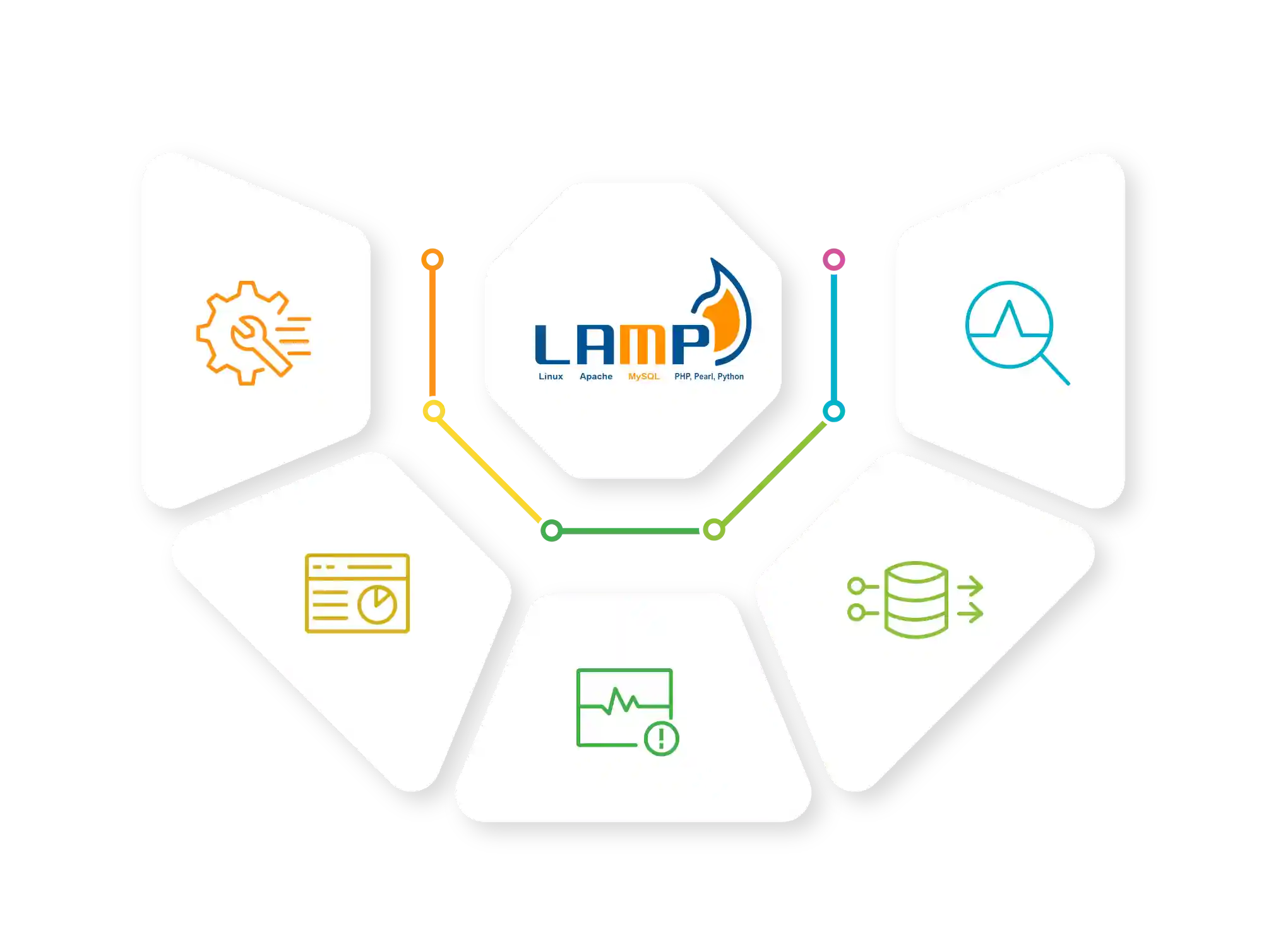




 +1-760-465-2330
+1-760-465-2330


